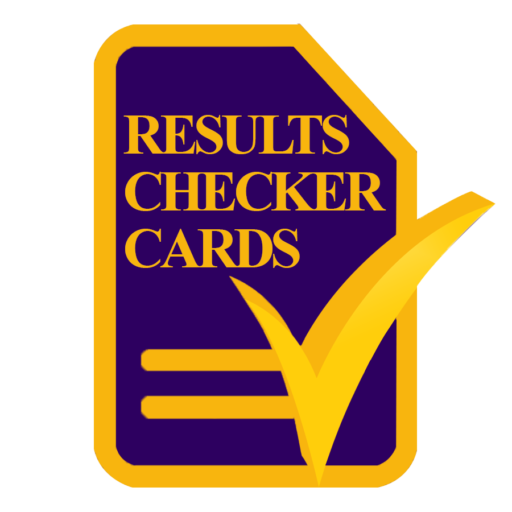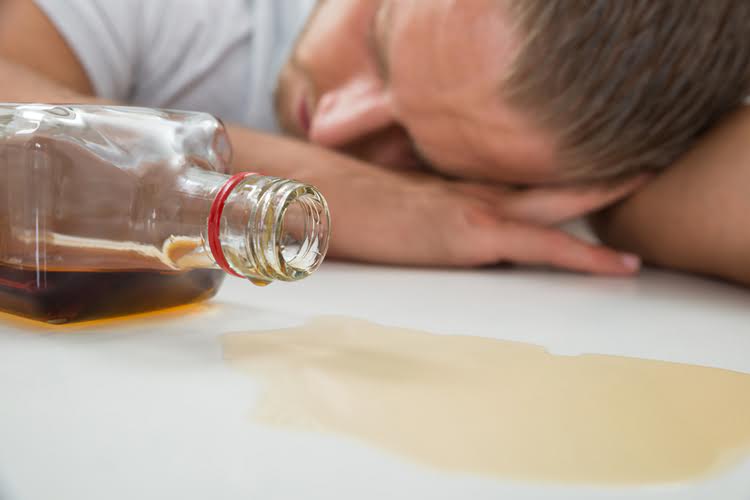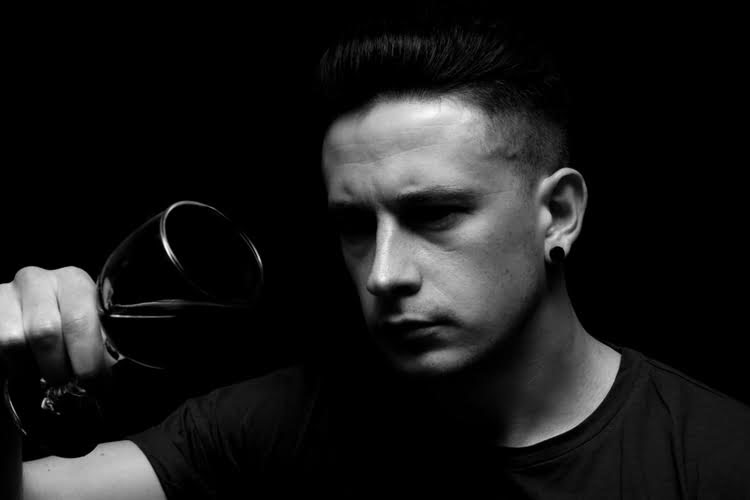If you’re worried about your drinking, get in touch with your local GP surgery, who will be able to help. If you’re a treatment provider and have a question, please reach out and someone from our Customer Success team will be in touch with you shortly. Accurate, complete profiles best connect you with the right https://ecosoberhouse.com/ people for your services. Maintain your profile by updating your photos, video links, treatment services, and contact details to ensure optimal visibility. Recovery.com uses a standard procedure to make sure treatment provider profiles on our site are current and complete.
Chronic alcohol use leads to significant changes in brain chemistry, making it harder for the body to adjust to the absence of alcohol. After the first month, the benefits of quitting beer will continue to accumulate. Your liver will continue to heal and regenerate, and you may notice further improvements in your physical and mental health. Additionally, quitting beer can help repair broken relationships and improve your cognitive abilities, such as perception and memory. However, it is important to note that the impact of quitting beer on weight loss may vary depending on your baseline alcohol consumption and other factors such as diet and exercise.
Factors that affect the timeline of withdrawal
These onset symptoms tend to be mild and may encompass slight tremors, a sense of mild anxiety, as well as minor alcohol withdrawal indications such as headaches. During this period when the body begins adapting to not having alcohol, these severe signs linked with alcohol withdrawal can progressively become more intense. While alcohol withdrawal is generally a five to seven day process, a person will often experience a range of other symptoms as they adjust to sobriety over the longer term. This is often referred to as Post Acute Withdrawal Syndrome (PAWS), and is one reason people sometimes attend recovery programs for a few months after detox. Alcohol is an addictive substance; many people who drink excessively become physically and psychologically dependent on it. When you remove alcohol from your system after a period of heavy drinking, your mind and body are thrown temporarily off balance—sometimes to an extreme degree.
- Alcohol may make you drowsy and help you fall asleep faster, but it keeps you from reaching the deepest, most restorative stages of sleep.
- The first symptoms are usually relatively mild and may include a headache, tremors, mild anxiety, stomach ache, and excessive sweating.
- Delirium tremens, a severe and potentially fatal form of alcohol withdrawal, may also appear during this period.
Beer withdrawal symptoms
Individuals with mild alcohol use disorder who drink moderately are less likely to experience withdrawal, as their nervous system does not undergo neurochemical adaptations. Maintain hydration by sipping water throughout the day and consider oral rehydration solutions to restore electrolyte balance. Include probiotic-rich foods to support gut health, and supplement with potassium and magnesium to help relax stomach muscles. During severe discomfort, switch to liquid-based meals and seek medical supervision, as your healthcare provider may prescribe anti-nausea medications or gastric protective agents to reduce inflammation. Your risk of severe depression increases if you have co-occurring mental health conditions or a history of heavy drinking. The combination of disrupted neurotransmitters, particularly serotonin and GABA, directly impacts your emotional stability during withdrawal.
Quitting drinking, even without making other changes, can help you return to better physical health, but regaining emotional and psychological balance can be challenging. For many, the first day of abstinence usually follows a day of very heavy alcohol consumption—either a binge or a multi-day bender. I’d get irritated over the smallest things, blaming it on lack of sleep or stress. What was really happening is that alcohol withdrawal was messing with my brain’s neurotransmitters like serotonin and dopamine, which regulate mood.
Strange Body Symptoms Alcohol Can Trigger
- The emergence of serious manifestations like hallucinations and seizures demands vigilant medical oversight.
- For example, benzodiazepines have been shown to prevent both initial and recurrent seizures.
- The duration of someone’s drinking, the amount of alcohol consumed on a regular basis, and any co-occurring medical conditions may all impact withdrawal severity.
- Don’t hesitate to call 911 emergency services if you experience these symptoms.
Those who have developed a dependence on alcohol may experience withdrawal symptoms when they stop or cut down on their drinking. Symptoms can range from mild to severe and can be life-threatening in some cases. Withdrawal symptoms can include insomnia, mild anxiety, hallucinations, seizures, delirium tremens (DTs), and changes in heart rate and blood pressure. The severity and length of alcohol withdrawal vary from person to person and can depend on factors such as body chemistry, age, and drinking habits. If you think you may be experiencing alcohol withdrawal, it is important to seek medical help as soon as possible.
What happens when you stop drinking beer for 3 days?
Alcohol (ethanol) depresses (slows down) your central nervous system (CNS). If you consistently consume significant amounts of alcohol, your CNS gets used to this effect. Your CNS must work harder to overcome the depressant effects of alcohol to keep your body functioning.
Treatment of Alcohol Withdrawal
They can monitor your intake and adjust it accordingly to reduce the risk of withdrawal symptoms. If you have withdrawal symptoms from drinking, Sober living home then you have consumed enough alcohol to damage other organs. Your doctor will want to evaluate you for alcohol-related damage to your liver, heart, the nerves in your feet, blood cell counts, and gastrointestinal tract.
In fact, stopping drinking is a great way to improve the quality of your sleep. If you experience insomnia, it’s worth remembering that your sleep patterns will almost certainly start to improve as your brain recovers from withdrawal. Alcohol dependence, also known as ‘alcoholism’ or alcohol addiction, is serious and can lead to a range of health problems. People who are dependent on alcohol may experience a strong, often uncontrollable, desire to drink and feel they’re unable to function without alcohol. Heavy drinkers who suddenly decrease or stop drinking altogether may experience withdrawal symptoms. They are potentially dangerous and should be treated as a serious warning sign that you are drinking too much.
Month After Your Last Drink
When alcohol intake is suddenly reduced or stopped, the CNS becomes overexcited, resulting in withdrawal symptoms. AWS is a common beer withdrawal symptoms cause of hospitalisation, and inpatient care is often required for those with severe symptoms. Treatment options include medications such as benzodiazepines, carbamazepine, haloperidol, beta-blockers, clonidine, and phenytoin. However, benzodiazepines should be used with caution as they can be addictive and may prevent full recovery from alcohol-induced mental effects. It is important to address the underlying disease of addiction to achieve long-term abstinence.
Throughout the detoxification period, it’s crucial for individuals to undergo a comprehensive evaluation by medical experts in order to create a customized detox strategy. Such programs are designed to tackle early withdrawal symptoms while offering medical oversight to handle potential issues that may arise. This methodical tactic guarantees that the process of withdrawing is conducted with maximum safety and comfort.
“Went from shaky to wanting to scream all day. I almost talked myself into ‘just one more’ several times, but somehow made it through.” “My worst symptoms so far seem to be lightheadedness, minor irritability, and insomnia.” For many, it’s very difficult to get past the third day of unrelenting shakes and sweats without picking up a drink.





